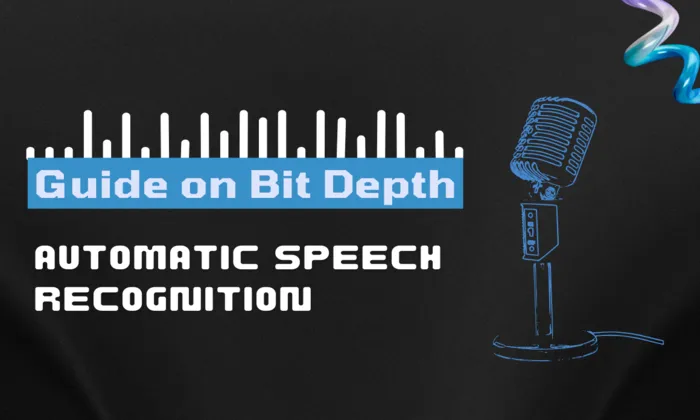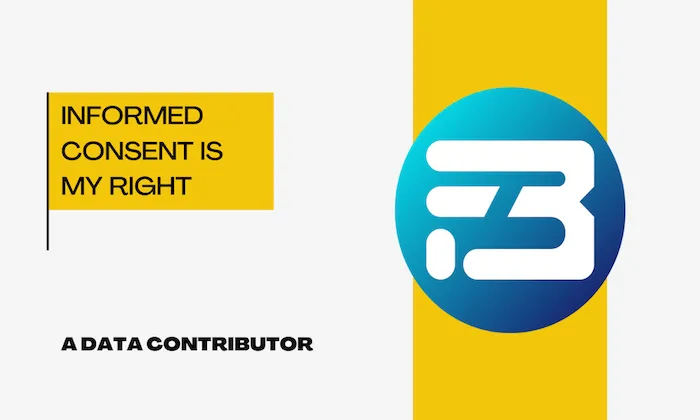What is retrieval-based voice conversion (RVC)?
Voice Conversion
Media
Voice Cloning
Retrieval-based voice conversion (RVC) is a method used to transform one person's voice to sound like another's while keeping the original spoken content intact. This technology stands out by using a database of pre-recorded voices to produce results that closely replicate the target speaker's vocal characteristics, making the output sound natural and authentic.
Why Retrieval-Based Voice Conversion Matters in AI Voice Models
RVC plays a crucial role in modern AI voice models due to its ability to deliver high-fidelity voice outputs that are contextually accurate and lifelike. Unlike traditional methods that may require extensive training for each new voice, RVC leverages existing recordings, making it efficient and scalable. This capability is especially valuable in industries like entertainment, gaming, and personalized virtual assistants, where realistic and varied voice interactions are key to user engagement.
How Retrieval-Based Voice Conversion Works
Understanding the mechanics behind RVC involves several fundamental processes:
- Data collection: A comprehensive dataset with diverse voice recordings is essential. This dataset should cover various speech patterns, emotions, and contexts to ensure accurate representation of the target voice.
- Feature extraction: The system extracts vocal features such as pitch, tone, and style from both the source and target voices. These features are crucial for creating a natural-sounding output.
- Retrieval mechanism: The core of RVC is its retrieval process, which searches the database for audio segments that match the desired phonetic content. Advanced algorithms are employed to quickly find the best matches, ensuring that the converted voice retains the target speaker's unique characteristics.
- Synthesis: Retrieved segments are seamlessly stitched together to produce a coherent audio output that flows naturally, mimicking the target speaker's speech patterns.
Real-World Applications and Use Cases
RVC is widely used in various fields:
- Entertainment: For dubbing and voiceovers in movies and games, providing natural voice transformations without re-recording entire scripts.
- Personalized assistants: Enabling virtual assistants to interact in voices that resonate with individual users, enhancing user experience.
- Accessibility tools: Allowing users with speech impairments to communicate using voices that reflect their identity.
Key Considerations for Implementing RVC
When deploying RVC, teams must navigate several considerations:
- Dataset quality: High-quality data is crucial for achieving accurate and natural voice conversions. However, collecting such data can be resource-intensive.
- Processing speed vs. accuracy: Applications requiring real-time processing must balance speed with the quality of voice conversion, often necessitating optimization strategies.
- Ethical guidelines: The potential for misuse in creating deepfakes or unauthorized voice replication highlights the need for ethical standards to govern RVC's use.
Common Challenges and Best Practices
Experienced teams often face challenges such as:
- Ensuring data diversity: A lack of diverse speakers and contexts can lead to monotonous outputs. Including a wide range of data helps in achieving rich and varied voice transformations.
- User experience considerations: Beyond technical accuracy, the perceived authenticity of the voice by users is vital for a successful implementation.
- Ethical and security concerns: Establishing guidelines for responsible use is essential to prevent misuse and protect speaker identity.
Leveraging RVC with FutureBeeAI
Retrieval-based voice conversion is a powerful tool in the field of voice synthesis, combining the strengths of extensive voice databases with advanced retrieval techniques to deliver authentic-sounding voice transformations. For AI-first companies looking to harness this technology, partnering with FutureBeeAI can be invaluable. We provide the high-quality datasets and annotation services necessary to support sophisticated RVC systems, ensuring your projects meet the highest standards of performance and ethical integrity.
FAQs
Q. What industries benefit most from retrieval-based voice conversion?
A. Industries such as entertainment, gaming, and technology, particularly those focusing on virtual assistants and accessibility tools, benefit greatly from RVC due to its ability to produce natural and engaging voice interactions.
Q. How does RVC differ from other voice conversion technologies?
A. RVC distinguishes itself by using pre-recorded voice samples rather than relying solely on generative models, allowing for more natural and varied voice outputs without exhaustive training for each new voice.
What Else Do People Ask?
Related AI Articles
Browse Matching Datasets
Acquiring high-quality AI datasets has never been easier!!!
Get in touch with our AI data expert now!








